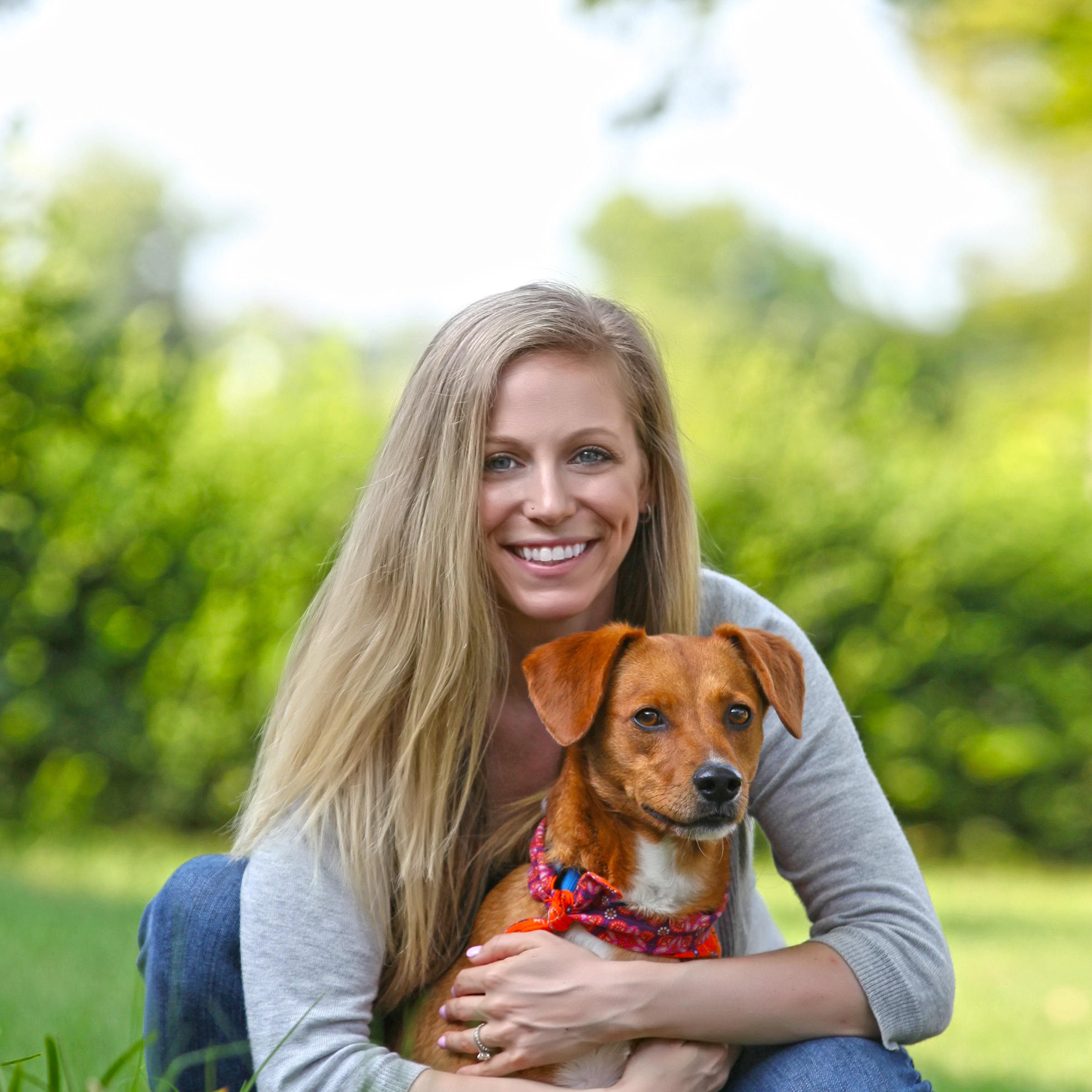In honor of Wednesday, also known as Hump Day, let's talk about dogs who hump and what it all means.
First, let's dispel the rumor that humping means a dog is trying to be dominant. Humping has nothing to do with dominance. The American Veterinary Society of Animal Behavior Position Statement on the Use of Dominance Theory in Behavior Modification of Animals (say that three times fast) explains:
“Dominance is defined as a relationship between individual animals that is established by force/aggression and submission, to determine who has priority access to multiple resources such as food, preferred resting spots, and mates (Bernstein 1981; Drews 1993).” And just to be clear, dominance never ever applied to the human-dog relationship. But that is a topic for another time.
So what IS humping? More often than not, humping in an expression of emotional arousal ("emotional" being the operative word). I often see dogs use humping as an invitation to play or be chased. Other times I see dogs who don't know what to do with all of their excitement, or if they are overstimulated by their environment, so they go to the nearest object (inanimate or not) and start humping. Think of it like when a kid gets so excited or overwhelmed that he starts to run in circles or jumps up and down.
You don't have to worry about a dog who humps unless (1) it is causing fights (not all dogs like being humped), (2) he is injuring himself or others, (3) he can't be stopped and redirected. While it may seem embarrassing to us humans, in a dog world, humping is no big deal.
So, next time your dog is harmlessly humping, just walk away and rest assured he's not trying to be dominant over the throw pillows.

